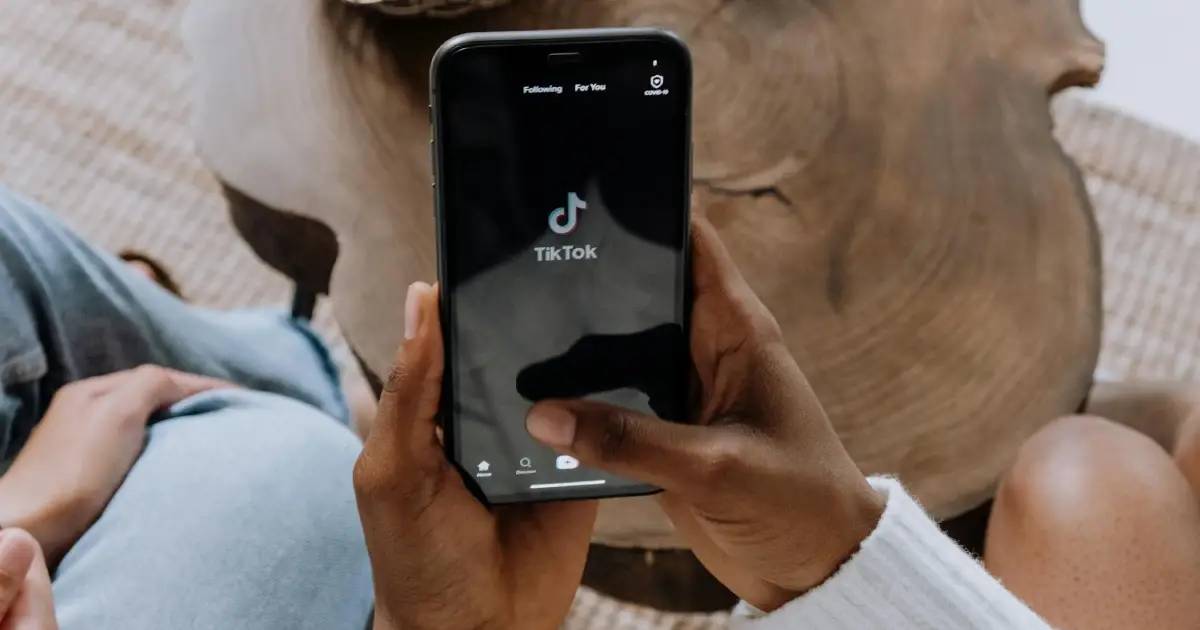TikTok Shop Addresses Counterfeit Concerns

By Mark Seavy
TikTok Shop released its first Intellectual Property Rights Report, highlighting its crackdown on counterfeit products. More than 4,800 seller accounts were deactivated during a one-year period (ended in July) with five million product listings barred from going live over the same period, TikTok said.
The report covers the global TikTok Shop business, which first launched in Indonesia in 2021. The Shop, which launched in the U.S. in 2023, was banned in Indonesia last year after the government there blocked commerce on social media platforms to protect local businesses.
TikTok hired 1,400 intellectual property rights (IPR) specialists across the U.S., Europe, and Southeast Asia. During the year the Intellectual Property Rights Report covers, TikTok reports it removed 800,000 infringing videos and livestreams. It also processed 180,000 requests for takedowns via its IP Protection Centre (IPPC) and permanently revoked 30,000 creator/influencer selling permissions.
“We’ve created a robust end-to-end framework to educate, enforce, and preserve the highest level of trust and IPR security,” TikTok’s report stated. “We continuously strive to go above and beyond the requirements of laws applicable to intellectual property infringement and in particular with regards to counterfeit goods.”
During the same one-year period covered by the report, the U.S. government threatened to shut down the service, an action that made many licensors reluctant to integrate TikTok Shop into their strategies, Trevco International CEO Trevor George said. Trevco sold $1 million in Warner-licensed apparel in the first 30 days after TikTok Shop was released from beta in September 2023, he said, and it sold another $1.5 million in goods during the first 60 days of this year before TikTok shifted to focus on livestreaming. Because, while livestreaming and its related purchasing opportunities are firmly entrenched in Asia, it is a relatively new format in the U.S., according to George
TikTok’s continued growth (it now has a user base of 1.5 billion monthly users) has made it a major stage for product promotion and marketing campaigns but it has also made it a significant target for counterfeits.
In an effort to address counterfeit concerns, TikTok signed agreements with brand protection specialists like Entrupy and Real Authentication to prevent the sale of counterfeits on the platform. Real Authentication, for example, is focused on the sale of pre-owned handbags in TikTok Shop while Entrupy is working to certify the authenticity of luxury goods using tools like artificial intelligence.
“TikTok Shop is to be applauded [for] the extent to which it has developed a comprehensive policy,” said Jed Ferdinand, a partner at the Meister Seelig & Fein law firm. “The reality is that TikTok launched without one and the legal side of TikTok Shop was not ready for IP compliance when they launched [in the U.S.]. As a result, brand owners and companies had to submit complaints that were individually reviewed and considered. It was a time-consuming process, uncertain, and incredibly inefficient. The result was that counterfeits and copycats were rampant in the early days and the company couldn’t react fast enough to stop them.”
Now, when TikTok identifies high counterfeit risk for a particular brand, it asks for an authorization letter from the brand owner or reseller, or a valid proof of purchase, the company said. As of July 1st, TikTok had assessed 374,229 penalties for missing brand authorization, while 42,951 shops that were cleared by brand owners were accepted, the company reports.
TikTok also has a test-purchase program designed to identify counterfeit goods, something that resulted in 1,426 seller accounts being deactivated. Nevertheless, several trade organizations—including the International Anti-Counterfeiting Coalition (IACC)—have recently called for TikTok Shop to be included in the U.S. Trade Representative’s (USTR) Notorious Markets list. Several other firms, including brand protection specialist Corsearch, have maintained that TikTok Shop has made “significant improvements” in reporting infringements along with the addition of an Intellectual Property Protection Center portal.
Despite these improvements, licensing executives say business has slowed in the U.S. due to the threat by the U.S. government to shut down TikTok in the country as well as the prevalence of inexpensive products being imported from China and sold through the platform.
“The American brands were discouraged from going on the platform [by the U.S. government’s threats] and the pivot to livestreaming, which is still a fairly new concept in the North America,” said George, who hired eight employees to focus on the TikTok business but laid them off as business ebbed.
“TikTok must choose. Is it a social marketplace in the U.S. for Americans or is it a discount website selling non-branded goods from China? It can’t be both. The positive is that they listen and react faster than other platforms. If a brand cared about cleaning up TikTok, they could form a relationship with them, and they would listen and act. There must be a reckoning in that licensors have to realize they are the ones to push TikTok to clean this up.”




